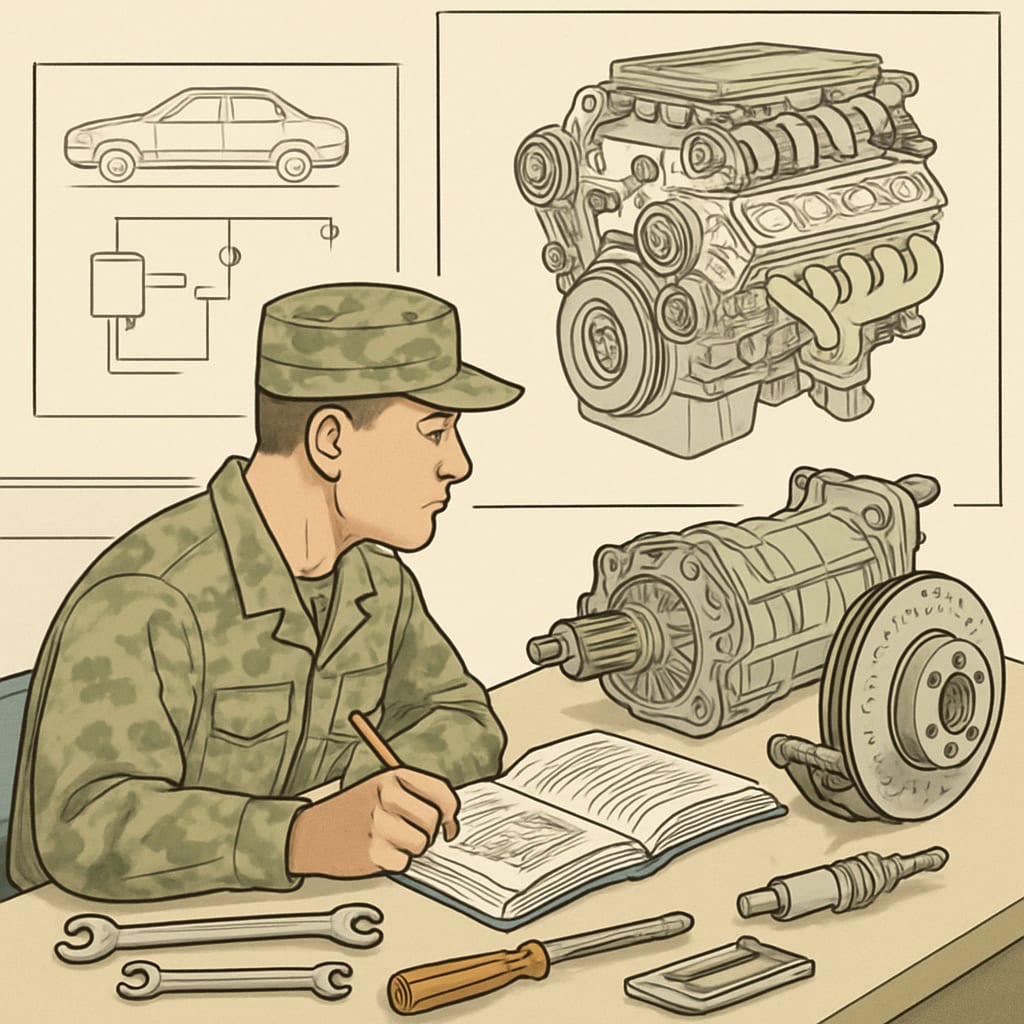Military personnel often seek educational advancement to enhance their skills and career prospects. For those holding an Associate Degree in Automotive Technology, transitioning to a bachelor’s degree program can open new doors in the automotive and engineering fields. This article provides practical guidance on selecting compatible bachelor’s degree programs, strategies for credit transfer, and methods to overcome common transition challenges.

Choosing the Right Bachelor’s Degree Program
When transitioning from an Associate Degree in Automotive Technology, selecting a compatible bachelor’s degree program is crucial. Many options align well with the technical and mechanical skills gained in your associate degree. For example, bachelor’s degrees in Mechanical Engineering, Automotive Engineering, or Industrial Technology are excellent choices. These fields build on foundational automotive knowledge while expanding into broader technical and managerial areas.
Alternatively, programs like Business Administration with a focus on Operations Management can be ideal for those looking to transition into leadership roles within the automotive industry. Consider programs that offer flexibility, such as online courses, which are particularly helpful for military personnel balancing education with service commitments.
Understanding Credit Transfer and Maximizing Its Benefits
One of the key considerations for military personnel transitioning to a bachelor’s degree is credit transfer. Many universities offer military-friendly policies, recognizing credits earned in an Associate Degree and military training. For example, the American Council on Education provides guidelines for translating military experience into academic credits.
To maximize your credit transfer, follow these steps:
- Choose institutions with clear credit transfer policies for associate degrees and military training.
- Provide detailed transcripts and documentation of your associate degree and any certifications.
- Consult academic advisors to map out your degree plan and ensure all eligible credits are applied.

Overcoming Transition Challenges
Transitioning to a bachelor’s degree program as a military student can present unique challenges, including time management and adapting to academic demands. However, by planning ahead, these obstacles can be overcome:
- Time Management: Opt for programs with flexible schedules or part-time enrollment options.
- Skill Bridging: Take preparatory courses if required to strengthen areas like advanced math or engineering principles.
- Financial Assistance: Leverage military education benefits such as the GI Bill to cover tuition costs.
In addition, many universities offer veteran support services, providing mentorship, tutoring, and career counseling tailored to military personnel. Utilizing these resources can be a valuable asset during your academic journey.
For more information on the benefits of transitioning from military service to higher education, visit Higher Education on Britannica.
Conclusion: Unlocking New Potential
Pursuing a bachelor’s degree after earning an Associate Degree in Automotive Technology is an excellent way for military personnel to expand their career opportunities. By carefully selecting a compatible program, understanding credit transfer processes, and proactively addressing challenges, you can ensure a smooth transition. Whether you aim to deepen your technical expertise or step into leadership roles, this educational advancement is a step toward unlocking your full potential.
Take the first step today by researching programs that align with your goals and leveraging your military experience for academic success.


